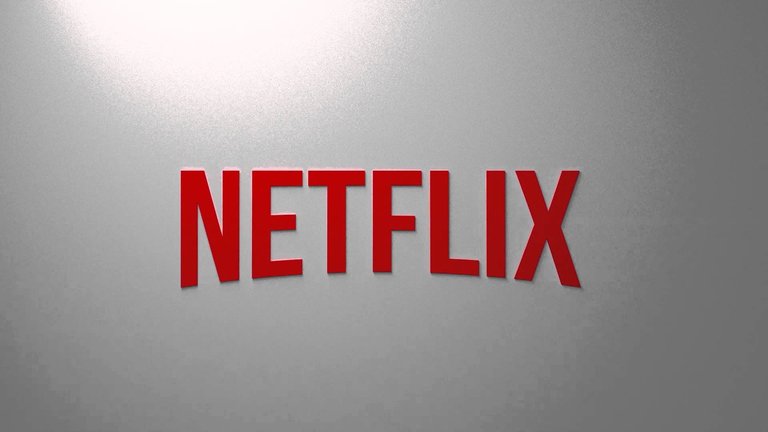
 In a groundbreaking move that signals a significant shift in the landscape of sports broadcasting, Netflix has inked a deal with the National Football League (NFL) to stream live games on its platform. The deal, reported by Deadline, comes at a time when streaming services are increasingly becoming major players in the entertainment industry, challenging traditional cable and broadcast networks.
In a groundbreaking move that signals a significant shift in the landscape of sports broadcasting, Netflix has inked a deal with the National Football League (NFL) to stream live games on its platform. The deal, reported by Deadline, comes at a time when streaming services are increasingly becoming major players in the entertainment industry, challenging traditional cable and broadcast networks.
Netflix, known for its vast library of original content and licensed shows and movies, has been steadily expanding its offerings beyond traditional scripted programming. With this latest deal, the streaming giant is making a bold foray into the world of live sports, a realm long dominated by established networks like ESPN, NBC, CBS, and Fox.
The specifics of the deal, as outlined in the Deadline article, reveal that Netflix will stream select NFL games exclusively on its platform, providing subscribers with access to live football action. This move marks a departure from Netflix's usual on-demand model, where viewers can watch content at their convenience. Instead, subscribers will now have the opportunity to tune in to live sporting events, further enhancing the platform's appeal.
So, what does this mean for the future of sports broadcasting?
Firstly, it underscores the growing influence of streaming services in the realm of live sports. Netflix's entry into this arena could potentially disrupt the traditional broadcast model, as more viewers opt for streaming platforms over cable or satellite TV. This trend has been evident in recent years, with a growing number of consumers cutting the cord in favor of streaming services that offer greater flexibility and a wider range of content.
Moreover, the Netflix-NFL deal reflects the changing viewing habits of audiences, particularly among younger demographics. With the rise of streaming, viewers have come to expect greater control over what, when, and how they watch content. By offering live sports alongside its existing library of shows and movies, Netflix is catering to this demand for choice and convenience.
From the perspective of the NFL, this partnership with Netflix presents an opportunity to reach new audiences and expand its fan base. By making games available on a popular streaming platform with a global reach, the league can tap into markets that may not have had easy access to live football before. This could lead to increased viewership and engagement, ultimately benefiting the league and its teams.
Of course, there are potential challenges and considerations to navigate. For one, streaming live sports requires a robust infrastructure to ensure smooth and reliable delivery, particularly during peak viewing times. Netflix will need to invest in the necessary technology and resources to support live streaming at scale, without compromising on quality or user experience.
Additionally, the success of the Netflix-NFL partnership will depend on the selection of games available for streaming and how they are packaged and presented to subscribers. While exclusive access to certain matchups may entice football fans to subscribe to Netflix, the platform will need to strike a balance between live sports and its existing content offerings to appeal to a broader audience.
Overall, the Netflix-NFL deal marks a significant milestone in the evolution of sports broadcasting, highlighting the growing influence of streaming services in the industry. As technology continues to reshape the way we consume content, traditional broadcasters will need to adapt to stay relevant in an increasingly competitive landscape. And for viewers, the future looks brighter than ever, with more options than ever before to enjoy their favorite sports anytime, anywhere.